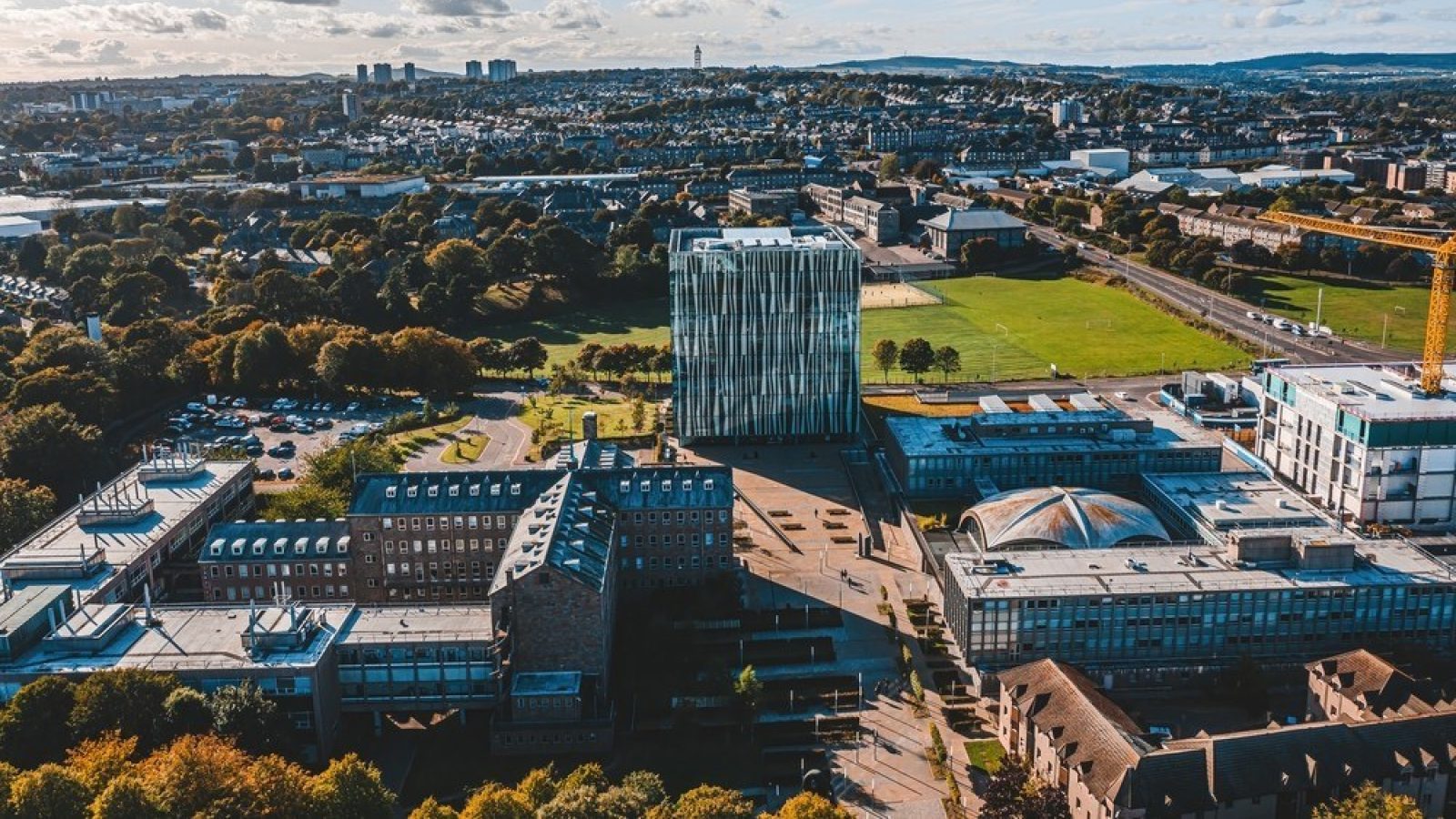The University of Aberdeen will partner in a new research project set to transform how offshore structures are managed across their full lifecycle.
University researchers will work alongside a range of institutions from across the UK and in Norway on the £5.6 million initiative, which will be led by Plymouth Marine Laboratory (PML).
The ValMAS (Value of Marine Artificial Structures) project is a major new research effort to understand the full impact of man-made structures in the ocean, ranging from offshore oil, gas and wind energy infrastructure to shipwrecks. These are collectively known as marine artificial structures (MAS).
The project, which will focus on the North Sea with wider applicability across the UK and beyond, aims to create tools and evidence that will help decision-makers manage these structures in ways that support clean energy, protect nature, and benefit society.
MAS have potentially significant footprints at all stages of their lifecycle through demonstration, construction, operation, and finally decommissioning. As marine space is increasingly squeezed, this large-scale development will inevitably lead to environmental, social and economic trade-offs.
While these structures can provide habitat, support blue carbon capture, or enhance biodiversity, they can also pose risks that are not yet fully understood.
Professor Nicola Beaumont, project lead from PML, said: “Thousands of artificial structures have been installed in the marine environment, and many more are on the horizon as part of the UK’s transition to a clean energy future.
“ValMAS will give policymakers and industry the tools they need to make informed decisions that align with both net zero targets and nature recovery goals.”
The research is co-funded by Natural Environment Research Council (NERC) and the industry-sponsored INSITE Programme.

Professor Astley Hastings CEng, from the School of Biological Sciences, will lead work in Aberdeen alongside marine eco-toxicologist Dr Rebecca von Hellfeld, and Dr Kate Gormley, an interdisciplinary researcher specialising in coastal and marine environmental management, working to fill the experimental knowledge gaps on marine contaminants mobilisation and marine growth on structures. Professor Anne-Michelle Slater, from the University’s School of Law, will work on the policy and legislation relating to the environment surrounding marine structures.
Professor Hastings said: “ValMAS will map marine artificial structures to develop a natural capital framework that reflects their ecological, economic, and social value, identify research gaps and foster collaboration, and model future climate scenarios to assess impacts on biodiversity, fisheries, and carbon storage. The project will also examine public perceptions and economic trade-offs to support a fair energy transition and create advanced decision support tools for use by policymakers, regulators, and industry.
“While evidence, tools and models around natural capital and MAS exist, access to and uptake of these resources remains limited. There is a pressing need to translate this knowledge into strategic, value-based decision-making that is practical, user-driven, and ready for real-world application.”
Other project partners include the Norwegian Institute for Water Research (NIVA), Cardiff University, Natural England – the government’s adviser for the natural environment in England, SUERC - Centre For The Isotope Sciences, University of Glasgow, the University of Strathclyde, EFTEC, Ecologos, NIRAS, Marine Energy Wales, the Scottish Fishermen’s Federation, The Shellfish Association of Great Britain, and the National Federation of Fishermen’s Organisations. It also brings together another 20+ partners from academia, government, NGOs and industry, including major energy operators.
Tracy Shimmield, Director of Research and Skill at the Natural Environment Research Council (NERC) said: “NERC is delighted to announce the launch of 'The Value of Marine Artificial Structures (ValMAS)' programme, which seeks to inform nature positive policy solutions for the management of all life stages of Marine Artificial Structures (MAS). The ValMAS project, which is cofounded with industry, builds on the work achieved by the INSITE programme. It will deliver evidence of the interplay between the ecological, economic and social values of MAS, to build a better understanding of their environmental value across sectors in the North Sea. Evidence generated will inform decision making on the best outcomes for the environment when it comes to decommissioning.”
Professor Beaumont added: “This is not just about infrastructure, it’s about people, nature, and building a future where sustainable energy systems work in harmony with marine life.”
The project will begin in August 2025 and run for four years.